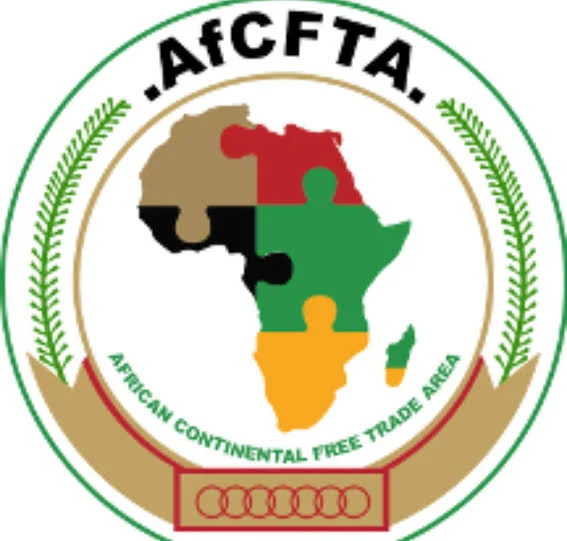In a significant move to strengthen trade ties across Africa, Nigeria has launched a new air corridor under the African Continental Free Trade Area (AfCFTA) agreement, linking exporters directly to Kenya, Uganda, and South Africa.
The announcement was made by the Minister of Industry, Trade and Investment, Dr. Jumoke Oduwole, who shared the news via her official X (formerly Twitter) account on Sunday.
Marking Africa Day, Dr. Oduwole said the corridor — operated through Uganda Airlines — is designed to cut the cost of exporting Nigerian goods by up to 75%. It’s a bold step aimed at making it easier and cheaper for Nigerian businesses to tap into Africa’s growing markets.
“This new air corridor slashes logistics costs by 50 to 75%, opening access to Uganda, Kenya, and South Africa,” she stated.
The corridor is expected to benefit key Nigerian export sectors like textiles, cosmetics, and agricultural products. For many small and medium-sized businesses, the high cost of logistics has been a barrier to competing across borders. By easing these challenges, the government hopes to create new opportunities for growth and profitability.
In addition to the air corridor, the federal government has officially gazetted AfCFTA tariff reductions, offering lower duties on goods traded under the agreement. This move further sweetens the deal for Nigerian exporters and reinforces the country’s commitment to the continental trade pact.
Earlier in April, Nigeria updated its ECOWAS Tariff Schedule under the AfCFTA, allowing zero duties on 90% of goods traded. This follows a phased plan that began in 2021 and has already introduced a 50% tariff cut for trade with least-developed countries, and a 100% cut for trade with developing nations.
This initiative is part of Nigeria’s wider push to boost intra-African trade, support job creation, and position itself as a leader in the AfCFTA framework. Vice President Kashim Shettima recently highlighted that with continued digital trade initiatives, intra-African trade could grow from 18% in 2022 to 50% by 2030.
With lower costs, smoother connections, and clearer policies, Nigeria is building stronger bridges across the continent — not just for goods, but for shared prosperity.

